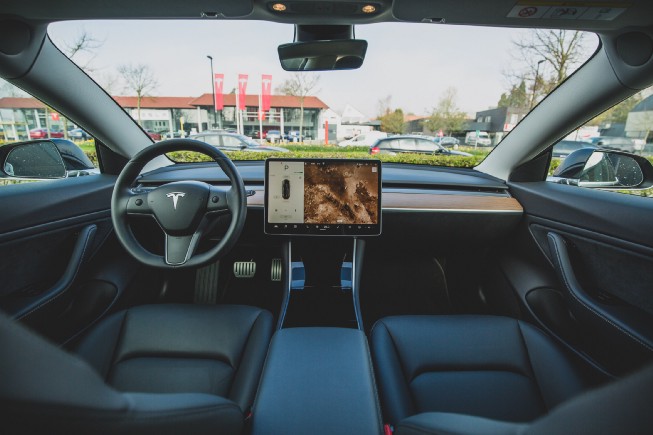
Autonomous vehicles are characterized by not having to deal with human limitations, such as tiredness and inattention. It is estimated that autonomous cars can create a 7 trillion dollar market. Beauty salons, dinners, and health clinics are services that can be performed inside the vehicles.
The global auto industry expects to sell 59.6 million automobiles in 2020, according to Statista. The coronavirus pandemic has hit car sales, which were on track to reach 80 million in 2019. Autonomous vehicles may become a preferred target of virtual attacks, aiming to steal data or compromise systems.
Autonomous vehicles have enormous potential to expand access to transportation, goods, and jobs in several cities. Launching a new mobility service with large-scale operations will involve fundamental consumer behavior changes. Transportation companies must manage their autonomous fleets based on intelligent technology and a high utilization rate.
Autonomous cars will change the way the automotive industry makes money. The industry will changes a lot in the next 10 or 20 years with autonomous car technology development. Millennials no longer buy cars, especially in big cities, as they don't want to pay to park or deal with other problems.
Autonomous vehicles will revolutionize the transportation industry in practically all areas. The number of owners will decrease, especially in large cities, concentrating on fleets. Workshops will change to carry out the maintenance required by new technologies. Service stations will need to adapt to supply electric recharging services.
Autonomous vehicles are already a reality at its most basic levels of automation. Some actions are already taken regarding auto repair shops that can facilitate this transition. Some others will take time and depend on how fast the market
Continue reading this article on Medium:
How Autonomous Vehicles will redefine the concept of mobility
By Jair Pinto Ribeiro
Keywords: AI, Innovation, Autonomous Vehicles

 Who Are You Under Pressure - And Is That the Real You?
Who Are You Under Pressure - And Is That the Real You? LinkedIn Voice for Sales
LinkedIn Voice for Sales Succession Planning is Hard because it’s Identity, Structure, and Systems All at Once
Succession Planning is Hard because it’s Identity, Structure, and Systems All at Once The Corix Partners Friday Reading List - February 13, 2026
The Corix Partners Friday Reading List - February 13, 2026 The Questioning Leader: Rethinking How We Learn, Listen, and Lead
The Questioning Leader: Rethinking How We Learn, Listen, and Lead